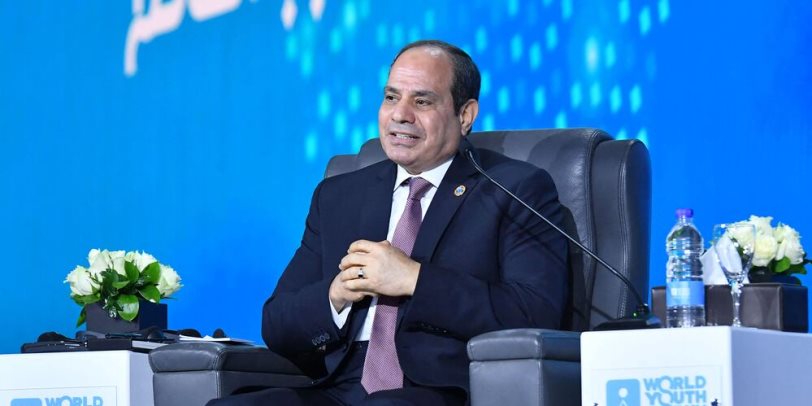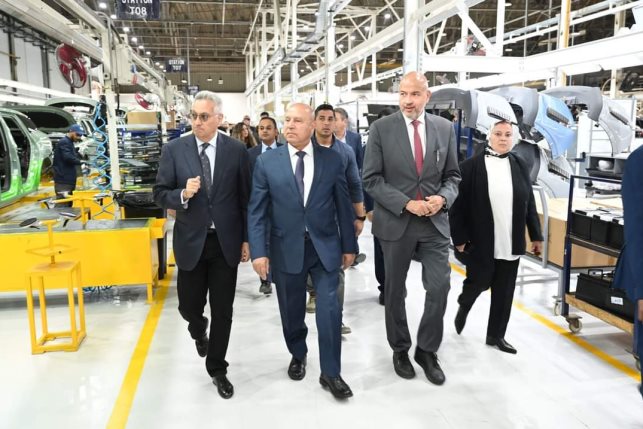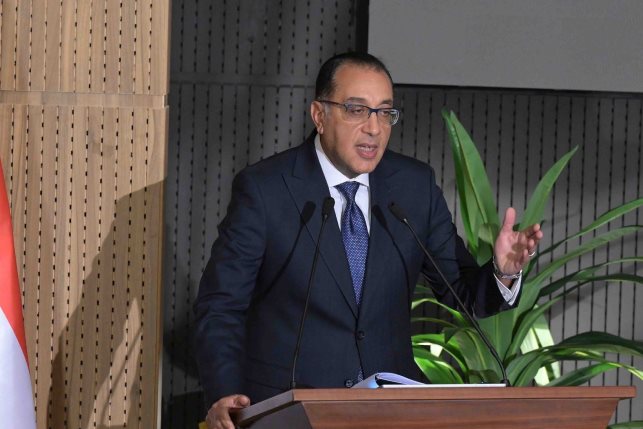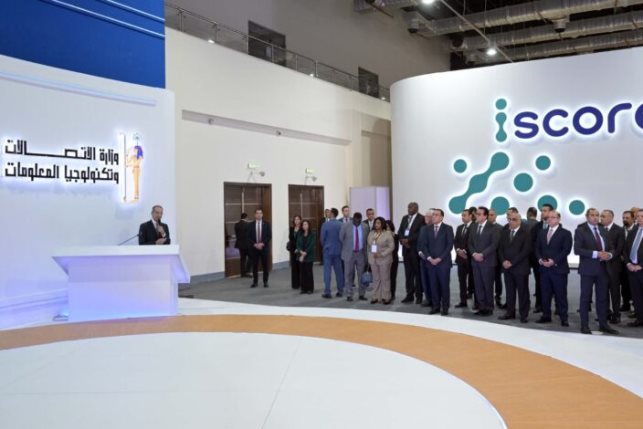President Sisi emphasizes solid implementation of "Future of Egypt" project for agricultural production
The meeting discussed the ongoing efforts on all the axes of the "Future of Egypt" project in different sectors throughout the republic.
 Egypt's "New Delta" project aims to enhance agricultural production and food security - Press Photo
Egypt's "New Delta" project aims to enhance agricultural production and food security - Press Photo
President Abdel Fattah El-Sisi has instructed for the continued solid implementation of all components of the Future of Egypt for Agricultural Production project, both present and future, to ensure that it aligns with the development path and urbanization progress, which will result in increased transportation and trade activity.
During a meeting held today to monitor the progress of the implementation of the "Future of Egypt" project for agricultural production, El-Sisi emphasized that the "New Delta" project, in general, aims to create a qualitative addition to the agricultural area in Egypt, significantly contributing to filling the gap in various strategic crops and achieving food security.

Additionally, it will provide thousands of employment opportunities in different specializations, adding to the comprehensive development efforts in the country.
Ahmed Fahmy, the official spokesperson for the presidency, noted that the meeting discussed the ongoing efforts on all the axes of the "Future of Egypt" project in different sectors throughout the republic, whether it concerns land reclamation, the establishment of silos for grain storage, or agricultural manufacturing to maximize the added value of agricultural production.
The efforts to increase the use of modern technology in land reclamation, irrigation systems, and agricultural mechanization within the project were also presented.
The "Future of Egypt" project for agricultural production is a long-term strategy that aims to provide Egypt with self-sufficiency in strategic crops, in addition to maximizing added value in the agricultural sector and creating job opportunities.

The project also aims to promote comprehensive development throughout the country, and its implementation has been ongoing for several years.
Egypt has recently been witnessing a remarkable economic recovery, with the IMF projecting a 5.7% growth rate in 2022.
The country has successfully implemented a series of economic reforms, including the liberalization of the exchange rate, the reduction of energy subsidies, and the introduction of new investment laws, among other measures. These reforms have resulted in increased investor confidence and foreign direct investment, supporting the country's economic growth and development.





